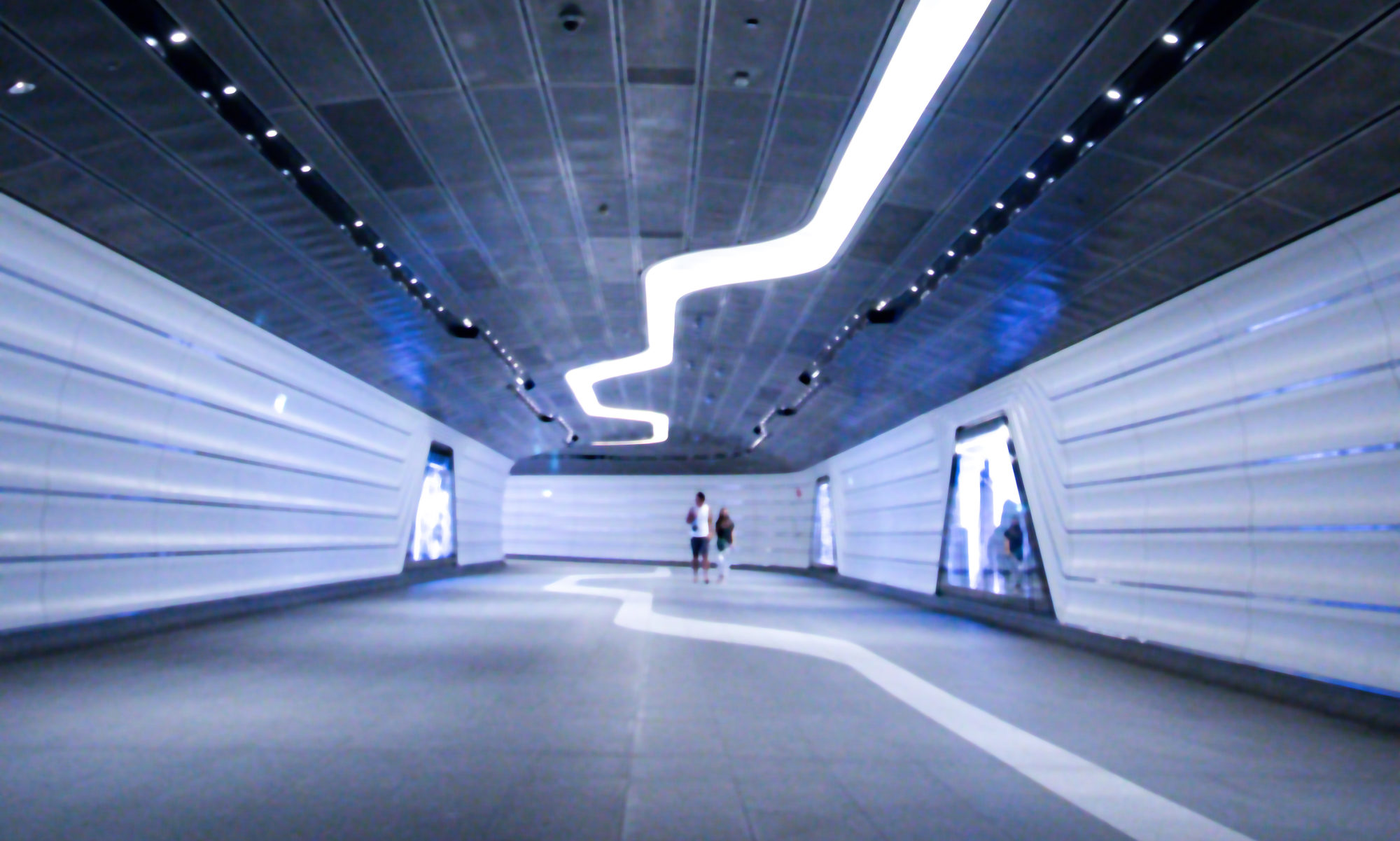Wednesday, November 13, 2019, 10:00 am
The past has a tenuous, often contentious, relationship with the future. We fragment and sequester the past, drawing memory from only those things we have at hand and rupturing continuities with the present by forgetting. Futures discounting exacerbates this myopic condition by playing on uncertainties to diminish the wisdom of looking too far ahead. How can digital technologies help bridge the past with the future? Examples from digital storytelling, augmented and virtual reality, and spatialized archives enable us to explore the potential for hetereotemporality, nonlinear histories, and the power of ruins and artifacts to experience other times and places. Workshop participants are invited to share their own efforts with digital technologies for repurposing the past for the future.
Shannon Lee Dawdy is a Professor of Anthropology and of Social Sciences in the College, University of Chicago. Her fieldwork combines archival, ethnographic, and archaeological methods with a regional focus on the coastal communities of the U.S., Caribbean, and Mexico. The central thread running through her work concerns how landscapes and material objects mediate human relationships, whether this means an examination of the historical ecologies of capitalism, or the emotional trajectories of those who lost their intimate object worlds to Hurricane Katrina. She also has a strong interest in questions of temporality (past, present, future). She has written a couple of quite different books on New Orleans. Her current research (which will take the form of both a film and a book) focuses on rapidly changing death practices in the U.S., particularly around disposition and transformation of the body. She is interested in what these emerging practice say about popular ontologies.
This workshop is sponsored by the Mellon Intersections Group “Imagineering and the Technosphere” and is free and open to the public.
